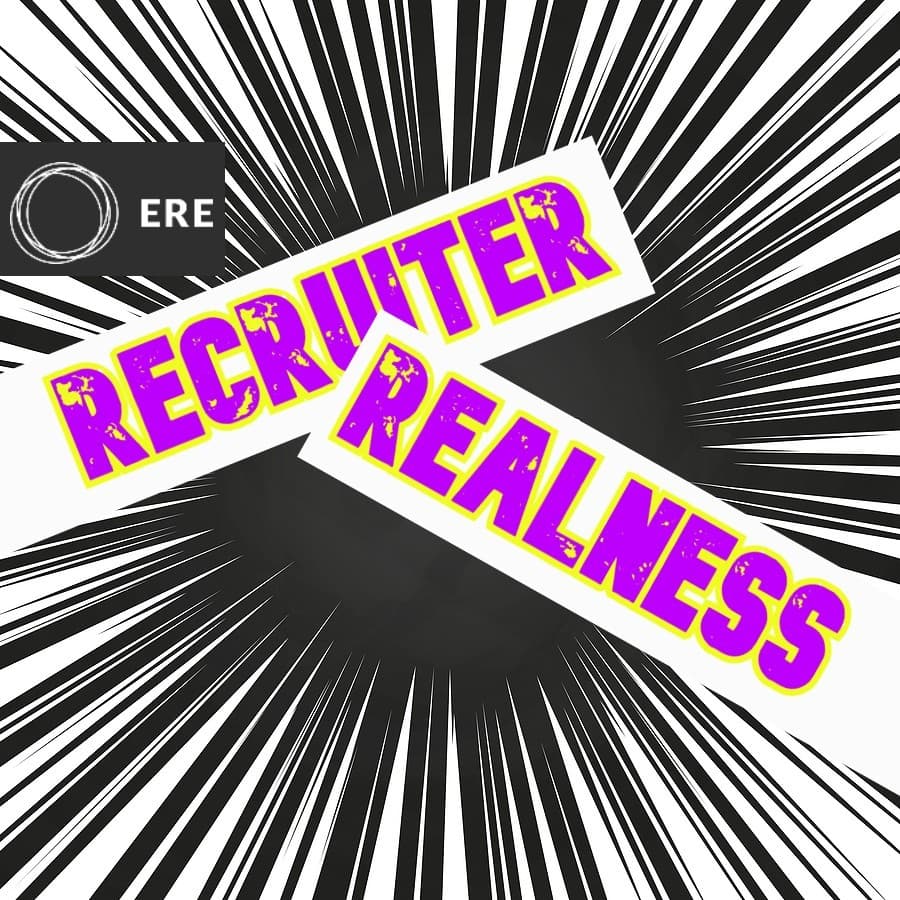Much of the way that I approached and shaped my corporate career was based on how my female elders — in particular my mother, aunts, and family friends — engaged people around them. I was fortunate to have a mother who not only believed in taking her daughters to work but who also afforded me the opportunity to shadow and train alongside her. I was even more fortunate that she modeled transparency and authenticity, so I (albeit adjacently) experienced the real “Black woman working,” as well as learned job skills that helped lay the foundation for my success.
On those days when I went to work with my mom, a retired accounting and finance professional, I witnessed her give it her all. And then in the evenings, she co-managed our home, while on the weekends, she managed our home and worked at church as a choir director and provided her professional expertise to the financial management of the church.
When asked how her day had been, my mom often responded, “I’m running on E.”
And so, to be the best (like my mother), to reach the highest levels of achievement, I worked to the point of exhaustion. If I wanted to be like my mother, I also had to run on E.
Running on Empty
When my mother was running on E, it equated to her being empty and exhausted. Yet unlike my mother, I didn’t have a family to attend to. Nor did I assume any additional work outside of my recruiting job (except for the two years I worked toward a master’s degree), and so I got into a bad habit of giving my career my all.
I was the person driving through snowstorms to work on proposals, not taking a day off, working during bereavement leave. I was the person working while I sat in the hospital with sick friends and family, and being assigned the “special” projects that those with outside obligations didn’t have the bandwidth to take on.
I burned out so many times that burnout became the norm. Trying to maintain that level of productivity proved to be a detriment not only to me but to the co-workers, job-seekers, and hiring managers with whom I was collaborating. Running on empty bred resentment and set a precedent that I would always be available.
Running on Energy
When I reached the point of exhaustion, to power through I relied on positive energy exchanges. These were instances in which I felt energized by short-term tangible results that resulted from hard work.
For instance, I remember when quarterly bonuses were first introduced as incentives to reduce our collective time to fill. I pushed myself so hard that I ran out of roles to fill trying to reach the stretch targets. While I consider that a positive energy exchange because it resulted in extra money for me, improved metrics, and healthy competition among recruiters, it also served as a lesson. Having to wait for additional roles to open on the programs I supported and then having to float around and help out where needed was not a fun way to start the next quarter.
Running on energy has its pluses and minuses. I liken it to refueling with caffeine or sugar to complete a project and then, once the effects wear off, you crash and find yourself back in a state of exhaustion. It’s beneficial on occasion, but it’s not a long-term strategy to adopt to keep you going.
Running on Empathy
This is the one that has proven most difficult for me. Empathy is generally a good trait, but running on it can have some unintended consequences.
There have been countless times that I’ve made it my mission to “get someone a job” because their personal and/or professional experiences pulled at my heartstrings. Truly laser-focusing on one person at a time, however, was not fair to other job-seekers who deserved and needed my best. Likewise, laser-focusing on one hiring manager or position at a time wasn’t fair, either.
From time to time, I still have to take a step back and remind myself that I’m not a savior and that there are other recruiters just as, and in some (rare!) cases, better-suited to work with a particular job-seeker or hiring manager — no matter how much I liked them personally.
Running on Excellence
The ideal state of “E” that I desire to run on is excellence. I want that not only for me, but for all Black women who are out of balance and leaning too heavily on a combination of empty, energy, and empathy to feel a sense of achievement.
Remember, your job doesn’t define you, and your job title and level of seniority don’t determine your level of excellence. Each one of us can lead from our seats and have qualities that set us apart and make us outstanding, just as we are.
